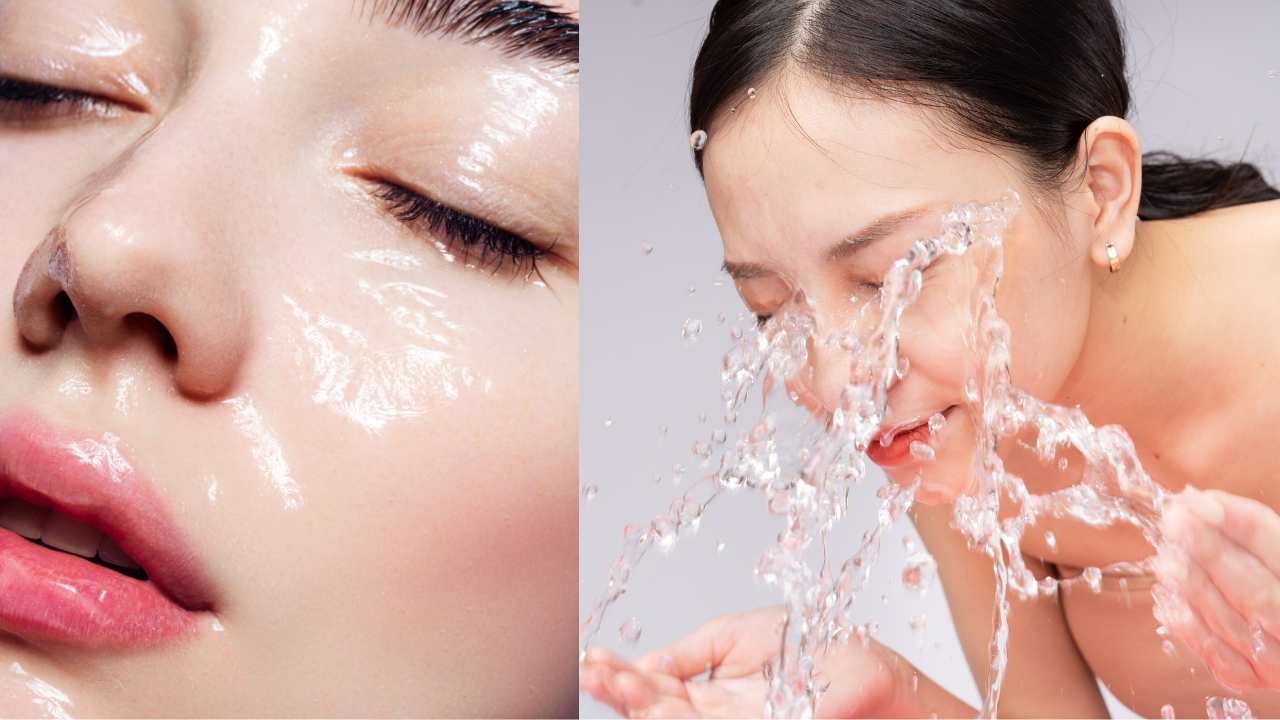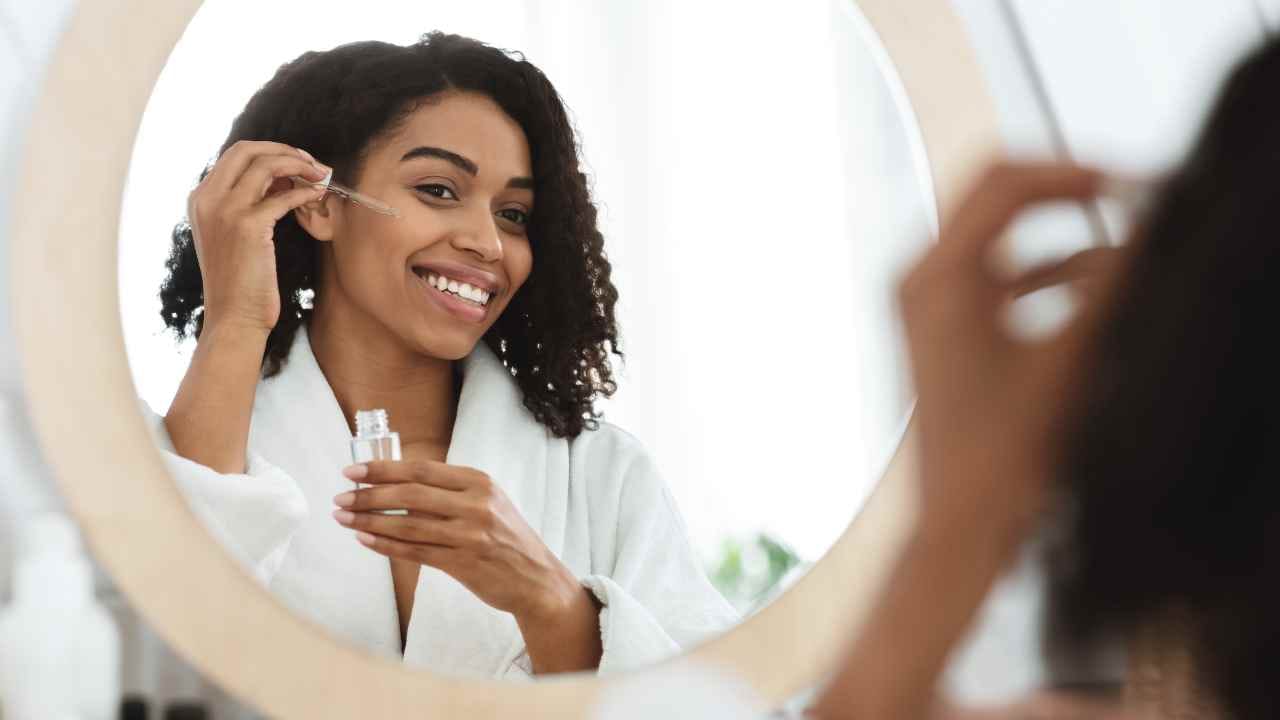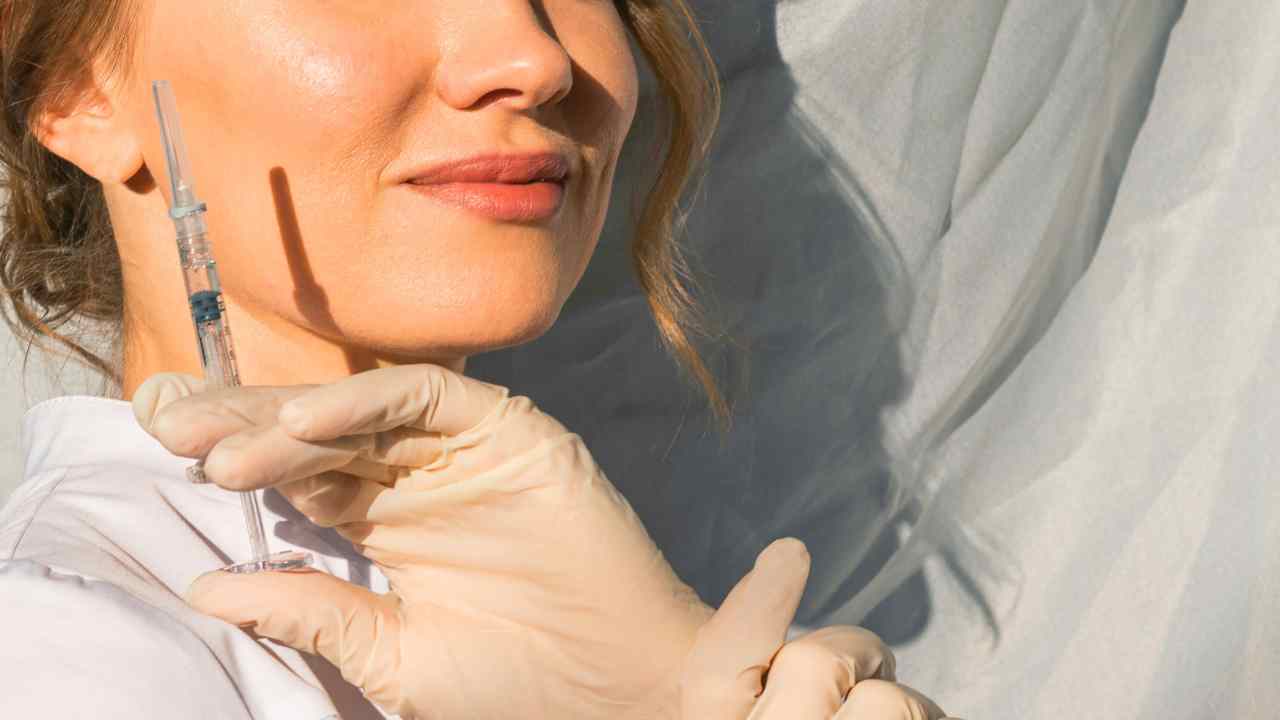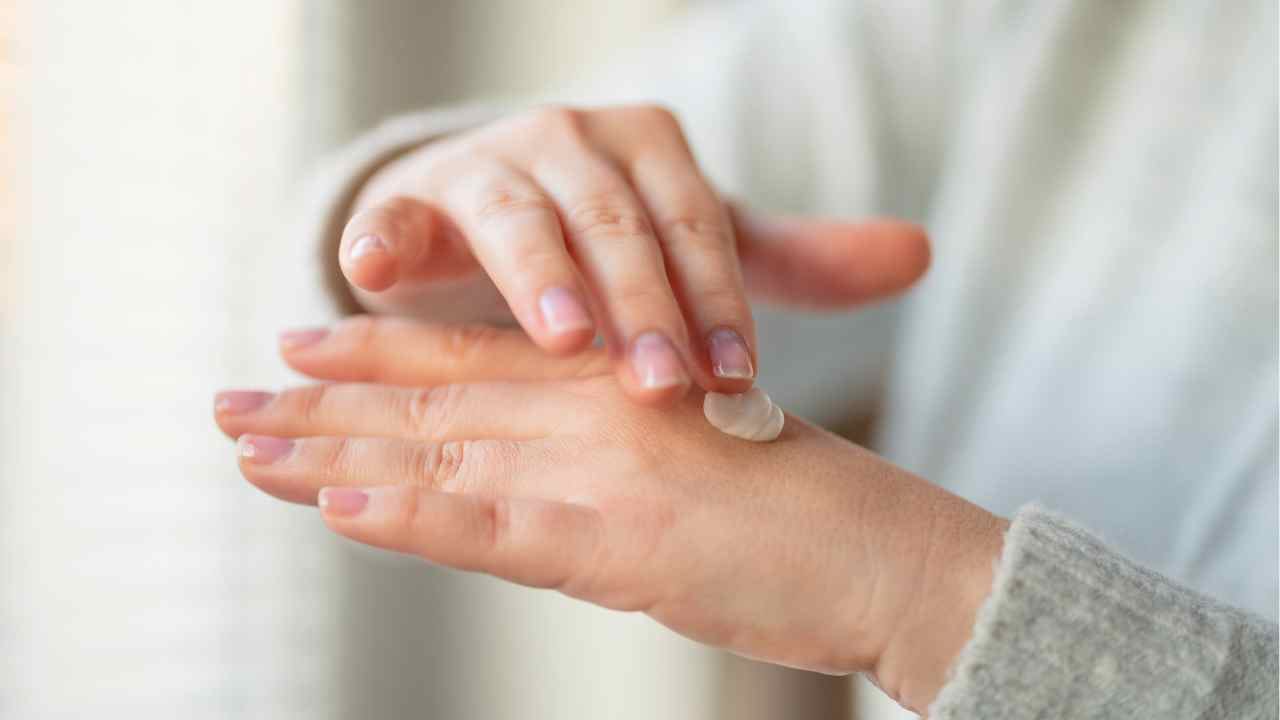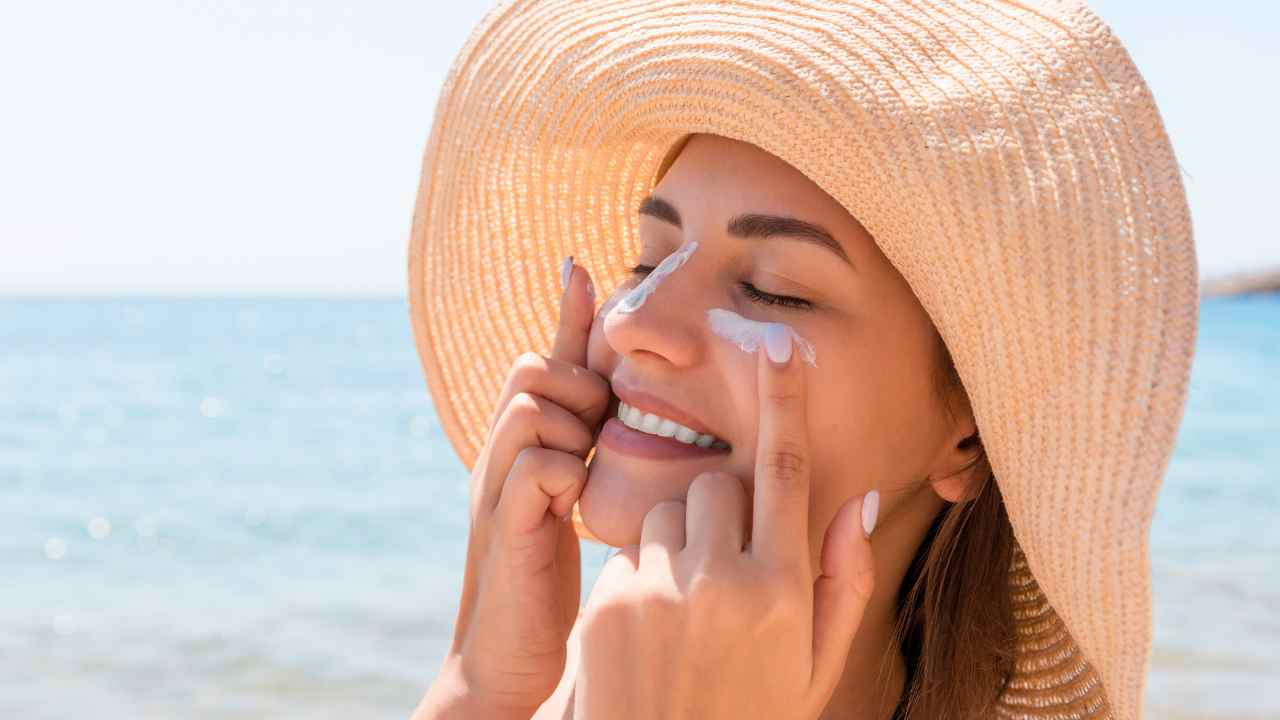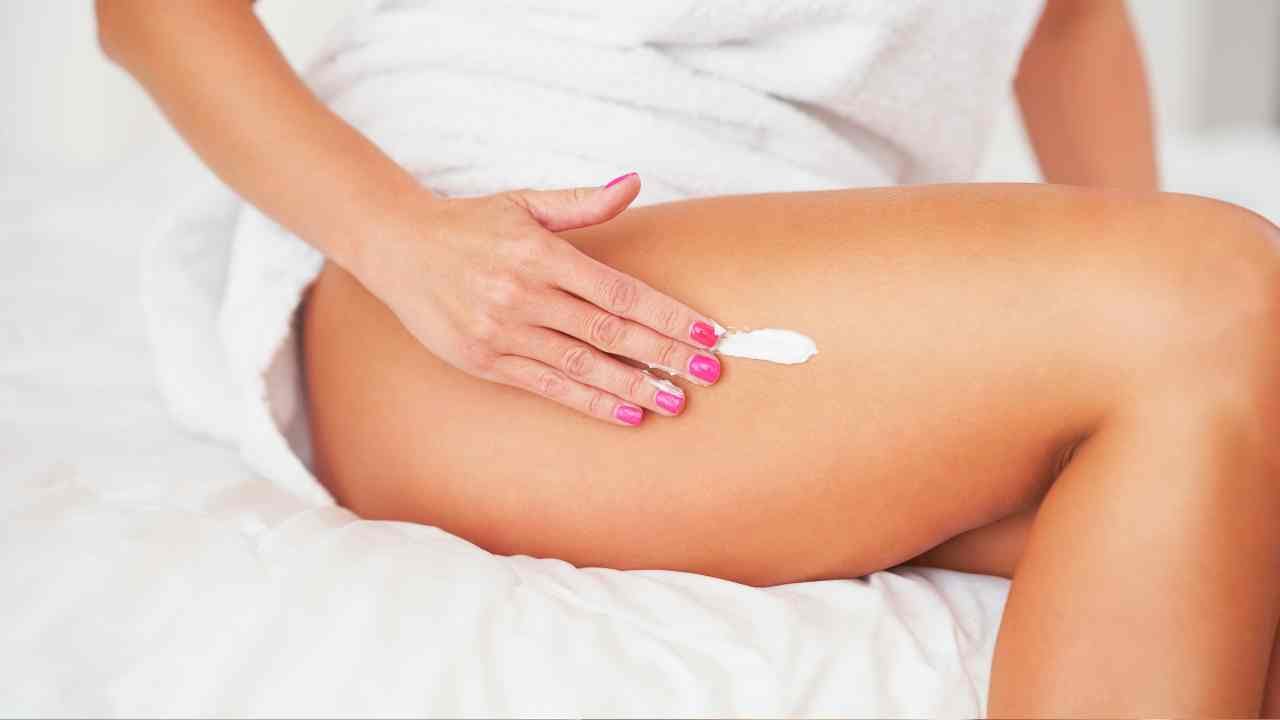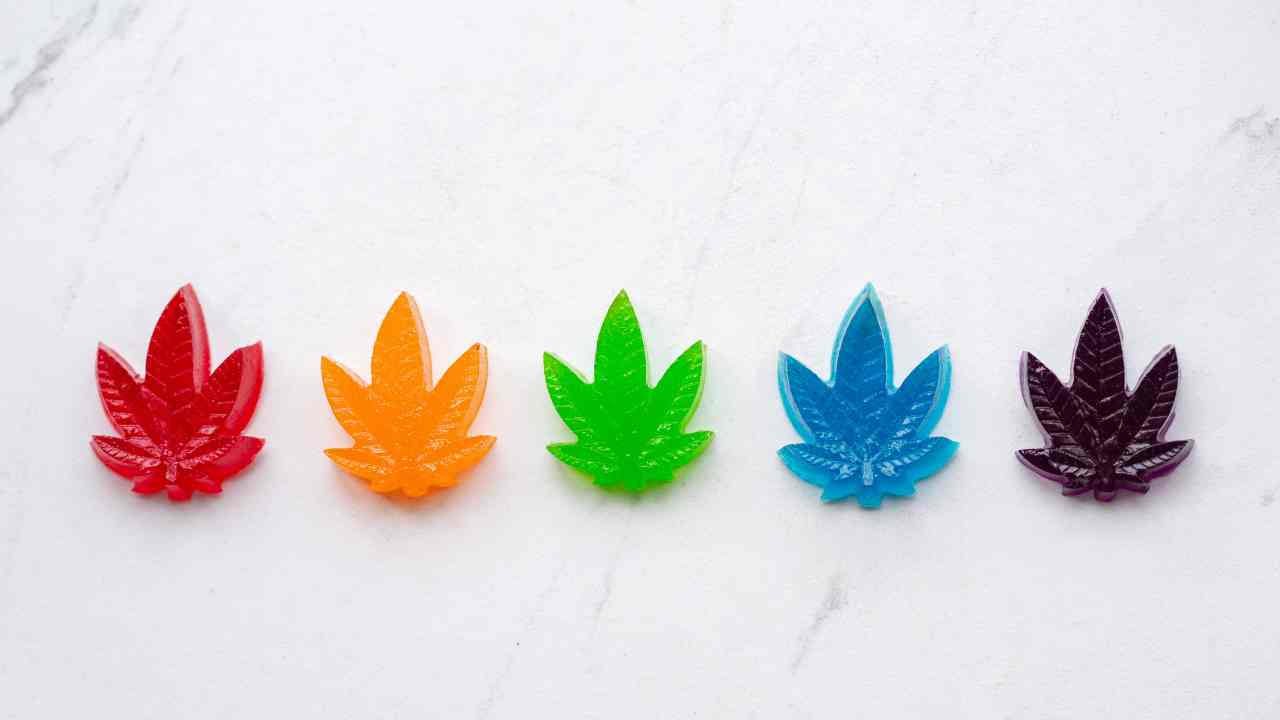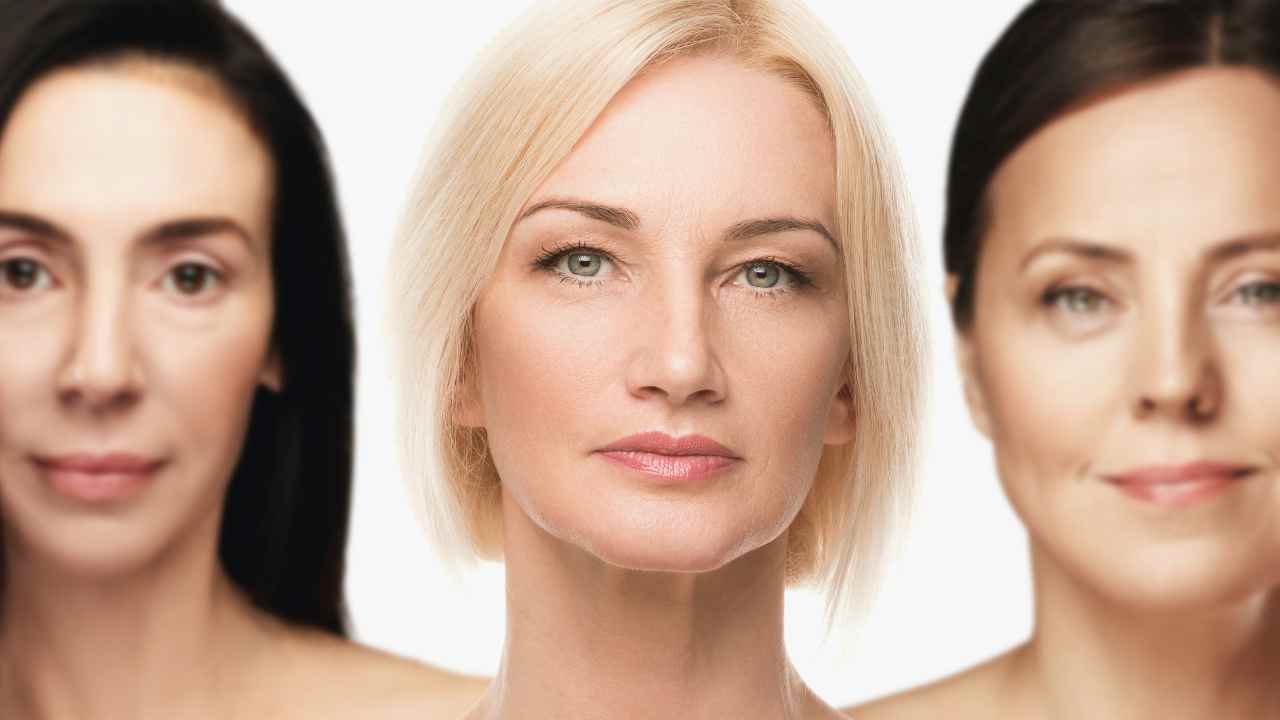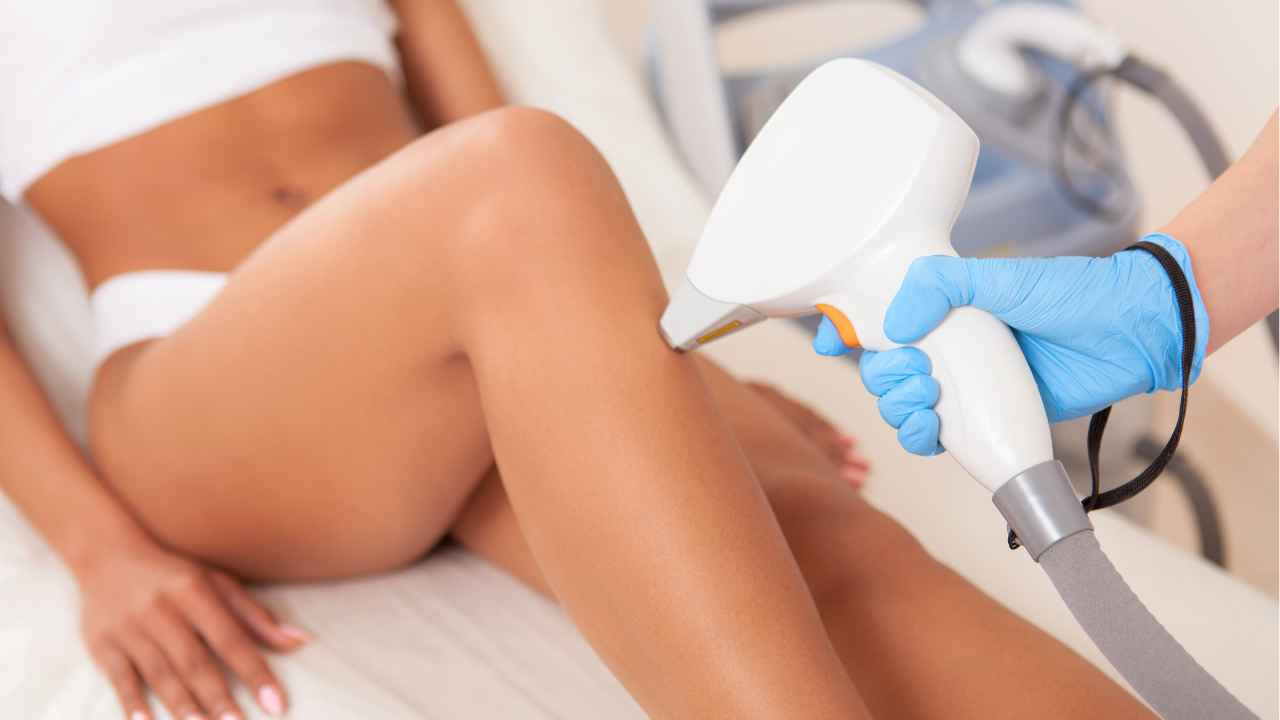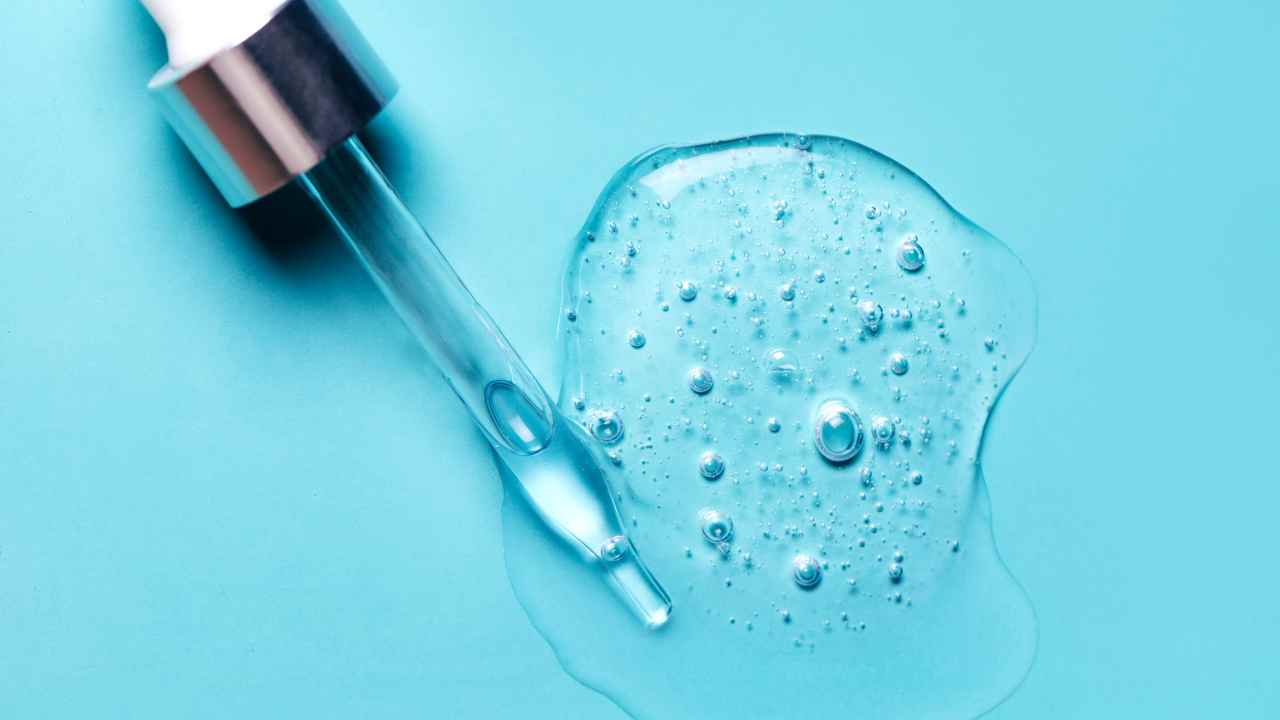
Power of Hydration: Is Hyaluronic Acid Good for Rosacea?
Ah, rosacea. It’s one of those skin conditions that can be confusing, frustrating and down-right embarrassing - especially when it pops up out of nowhere! If you suffer from rosacea, there are millions of people who understand your plight all too well.
But don't worry! Maybe there is hope on the horizon in the form of hyaluronic acid (otherwise known as HA)!
This miraculous ingredient has become a skincare staple for many due to its amazing moisturizing properties but can it genuinely help ease the symptoms of rosacea?
Let's take a look at what this power player can do for sufferers and if it should be part of your regular routine - if you aren't already using it!
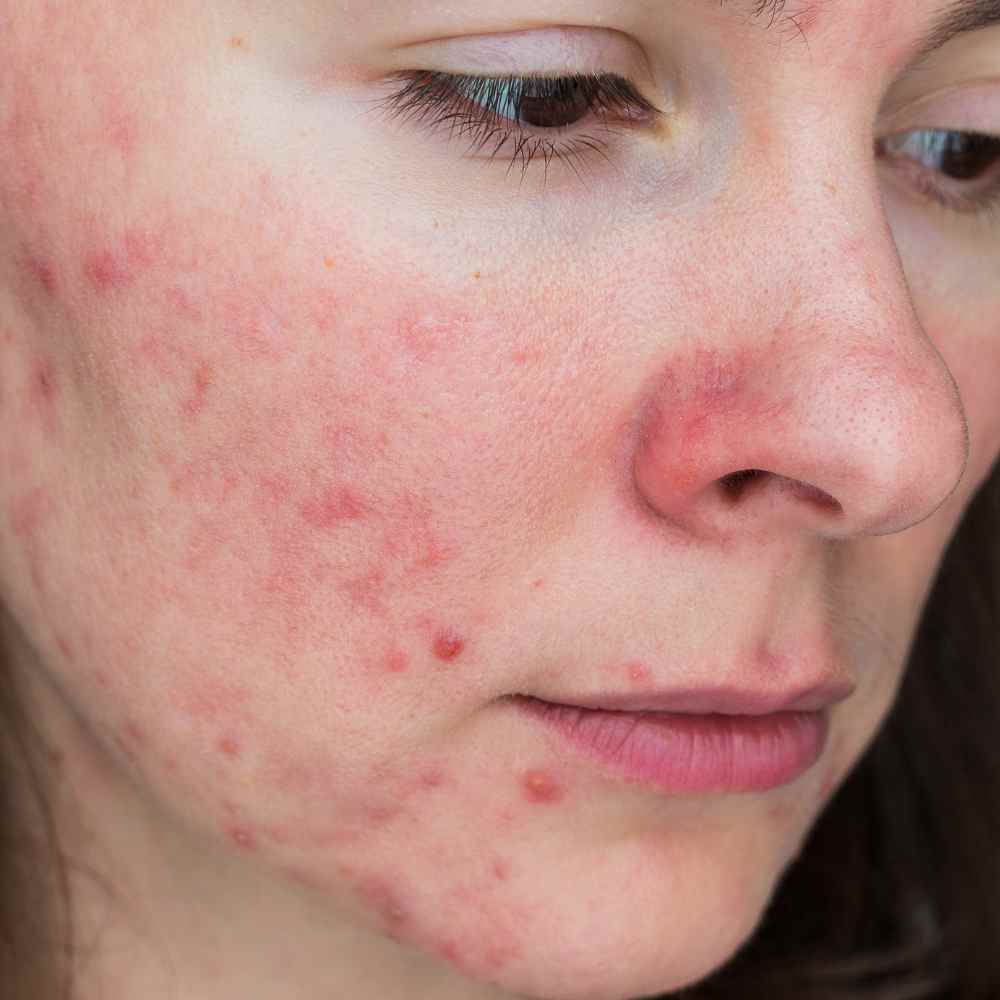
Understanding Rosacea and Its Unique Needs
Rosacea is a skin condition characterized by persistent redness, visible blood vessels, and sometimes acne like bumps.
The skin of individuals with rosacea tends to be sensitive and prone to inflammation. It is important to approach skincare with caution, avoiding potentially irritating ingredients that may trigger or exacerbate rosacea symptoms by reading the ingredients on products such as cleansers, toners and creams.
Dr. Lindsey, a dermatologist explains the basics of this skin condition in this TikTok:
@dermguru Different skin disorders have different treatments #Rosacea #Acne #Acnerosacea #Dermguru #Pimples #PimpleTok #PimplePopping #RosaceaCheck
♬ Monkeys Spinning Monkeys (Remix) - Syamsul
What is Hyaluronic Acid?
Hyaluronic acid, or hyaluronan, is a naturally occurring substance, a molecule found in the human body. It's an essential component of our connective tissue, and it helps to hold moisture and lubricate joints.
In its pure form, hyaluronic acid serum looks like a gooey gel that serves as a cushion between cells in the body.
While it's most abundant in the eyes and skin (where it gives skin its plumpness), hyaluronic acid can also be found throughout the body including inside joint cartilage and synovial fluid – that stuff that keeps joints healthy!
The molecular structure of hyaluronic acid is somewhat unique; each strand consists mainly of repeating sugar molecules called glucoronidecans which are connected by flexible linkages.
This makes it incredibly durable, allowing multiple strands to cross-link together to form fibers with amazing elastic properties!
These strands are capable of holding up to 1,000 times their own weight in water – thus making them great for hydration purposes - but also granting them some pretty impressive anti-aging qualities due to their ability to maintain firmness and shape.
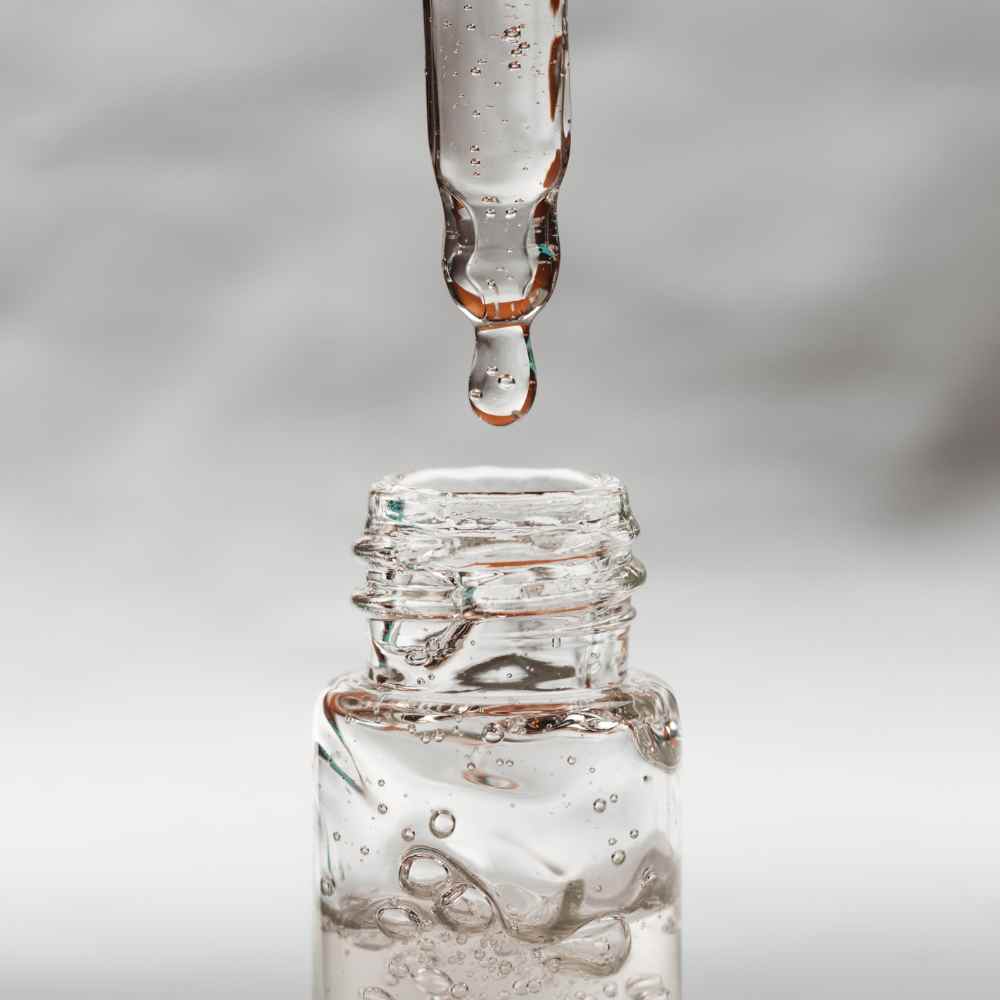
Why is Hyaluronic Acid Good for Skin?
But what makes hyaluronic acid stand out even more than its elasticity is its ability act as a natural humectant meaning it not only binds water within itself but also attracts additional amounts physical environmental moisture as well (i.e humidity).
That’s why you'll often see hyaluronic acid included as an ingredient many skincare formulations — since having this present helps keep your skin looking youthful and vibrant by locking external moisture into your epidermal layer while simultaneously preventing water loss at same time!
This property has lead scientists believe hydrolyzed forms hyraluronan might even be useful for treating certain types inflammation or tissue damage when injected directly into red and irritated skin.
Benefits of Hyaluronic Acid for Rosacea
While hyaluronic acid does not specifically target rosacea, it can provide several benefits for individuals with this skin condition. These benefits include the following:
Hydration: Rosacea-prone skin tends to be dehydrated, leading to increased sensitivity and potential flare-ups. Hyaluronic acid helps replenish moisture levels in the skin, keeping skin hydrated and reducing dry skin.
Soothing and Calming: Hyaluronic acid has a soothing effect on uneven skin tone and can help alleviate redness and reduce inflammation and calm rosacea flare ups and acne breakouts. Its gentle nature makes it suitable for sensitive skin.
Barrier Repair: Rosacea-prone skin often has compromised skin barrier function, making it more susceptible to external irritants. Hyaluronic acid repairs skin's moisture barrier by promoting hydration and enhancing the skin's natural protective function.
Compatibility: Hyaluronic acid is generally well-tolerated by most skin types, including those with rosacea. It is non-comedogenic, meaning it won't clog pores, and it is unlikely to cause further irritation or trigger flare-ups
How to Add Hyaluronic Acid to Your Skincare Routine
When using hyaluronic acid for rosacea prone skin, it's important to choose your skincare products carefully and follow these guidelines:
Look for Pure and High-Quality Formulations: Opt for products that contain pure hyaluronic acid without added fragrances or potentially irritating ingredients. Choose reputable brands known for their quality and effectiveness.
Start with a Patch Test: Perform a patch test on a small area of skin before applying hyaluronic acid products to your entire face. This step helps determine if your skin reacts negatively to the product.
Layer Wisely: Apply hyaluronic acid products to clean, slightly damp skin to maximize their hydrating effects. Follow with a moisturizer to seal in the hydration and provide additional nourishment to skin cells.
Use in Combination with Other Rosacea-Targeted Products: Hyaluronic acid should be part of a comprehensive skincare routine tailored to address rosacea skin symptoms. Incorporate products with anti-inflammatory ingredients and those that strengthen the skin barrier for optimal results.
Sun Protection: Always follow hyaluronic acid application with a broad-spectrum sunscreen to protect the skin from UV damage, which can trigger rosacea flare-ups.
Consultation with a Dermatologist
While hyaluronic acid can offer benefits for rosacea-prone skin, it is crucial to consult with a dermatologist or skincare professional before incorporating it or any other serums into your routine.
They can provide personalized recommendations and guidance based on the severity of your rosacea, potential triggers, and any other skin concerns you may have.
They may suggest specific formulations or offer alternative treatments that better suit your skin's needs.
Recommended for Rosacea
We can all agree that rosacea is an incredibly irritating skin condition to deal with.
But, by including hyaluronic acid in your skincare routine, you can relieve some of the symptoms of rosacea and enjoy a healthier and more comfortable complexion.
Take note: always make sure to invest in high-quality products and perform patch tests before using them on your face.
Plus, it’s also a great idea to reach out to a dermatologist for personalized advice tailored to your needs.
With these simple tips, you’ll be taking full control of the situation and having your skin looking its best in no time!
So don’t linger any longer – take action today, say goodbye to rosacea symptoms with hyaluronic acid and hello to hydrated skin!



